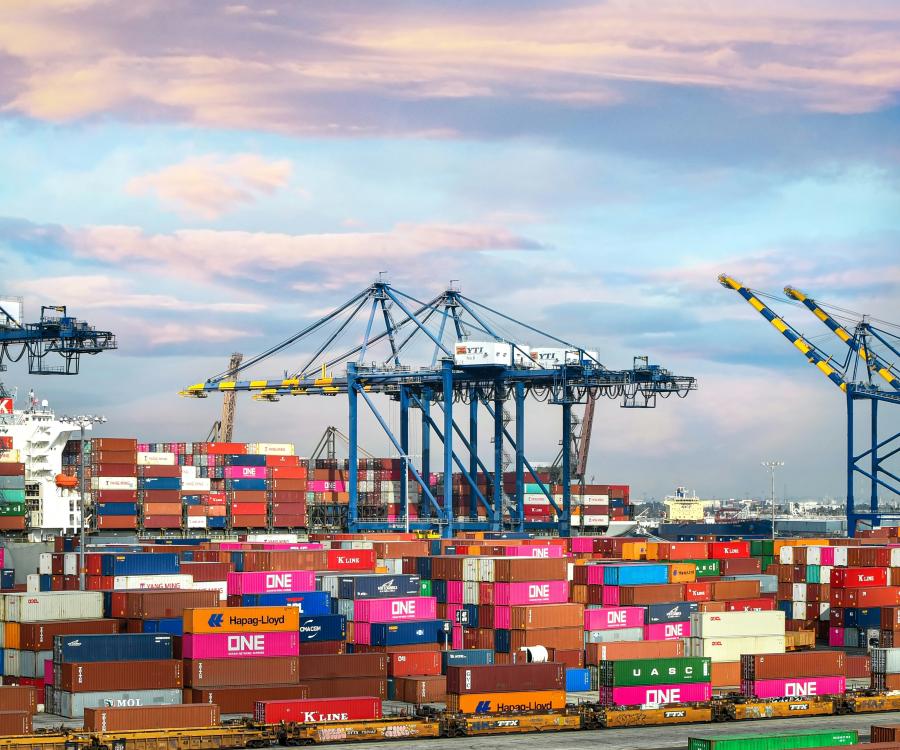Despite some retail markets weakening, the long-term outlook remains positive for investors in the world's key emerging markets. According to Planet Retail's latest report, Emerging Markets 2009, growth is expected to gather momentum again in 2010, providing both retailers and suppliers with attractive long-term investment opportunities.
These report findings should prove good news for investors whose initial hopes that the world's emerging markets would keep growing at breathtaking rates were diminished in autumn 2008. Back then, when the downturn sent industrial output and commodity prices rapidly falling, unemployment in export-dependent emerging markets such as China, Mexico, Brazil and Russia, began rising steadily.
According to Boris Planer, Planet Retail’s Global Macroeconomics Manager: “The fact that social welfare nets continue to be very thin in emerging markets has meant that consumer confidence has been suffering heavy blows. This is due to middle class people cutting their spending almost immediately when they feel their jobs are in danger.”
However, despite the current troubles, growth is expected to gather momentum again in 2010 and the long-term outlook remains positive for investors in the world’s key emerging markets. This is due to factors such as growing populations, soaring life expectancy, continued knowledge transfer, increased productivity and changing lifestyles that are becoming increasingly open to Western consumption habits.
While there are many opportunities available in these markets, Sarah Herrlein, Planet Retail’s Retail Analyst said: “It is also important to remember that incomes remain very low when compared with industrialised Western markets, while bureaucracy, corruption, high property prices and lack of qualified staff tend to make hopes of fast profitability look unrealistic. Instead, investors usually need deep pockets to finance years of start-up losses.”
Herrlein said: “The food retail sector has been affected to a lesser extent, of course, but even here down-trading trends have become visible – away from the traditional sector to efficiency-based value formats such as hypermarkets and discounters; away from manufacturers branded products to private label where this is available; and away from luxury food categories back to staple foods."









